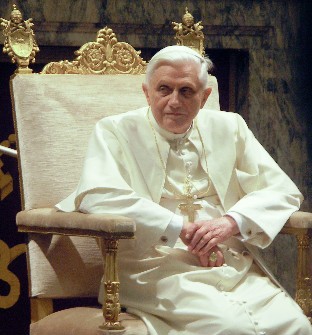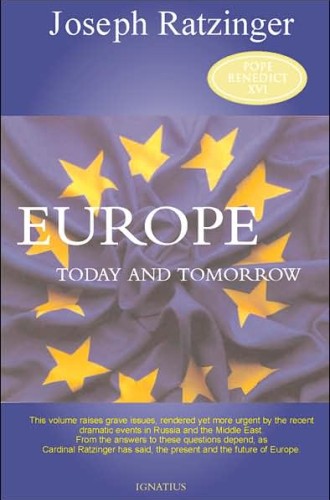Benedict the teacher

Three decades ago, University of Chicago theologian David Tracy distinguished three audiences for the theologian: the church, the general public and the academic community. Most theologians make their mark in one of those venues. Joseph Ratzinger, however, has spoken powerfully to all three.
As a member of the theological faculty at the University of Tübingen and later at Regensburg in Germany, Ratzinger was a resonant academic voice for Catholic theology. As a churchman—first as archbishop of Munich, next as head of the Congregation for the Defense of the Faith in the Vatican and then as pope—he has been an authoritative voice within the Catholic Church. Finally, he has been, especially in Europe, a powerful public intellectual.
The intellectually lazy may pigeonhole Ratzinger as a "conservative" in the pejorative sense, but he is more fairly described as a classical theologian with deep roots in the Augustinian tradition and a thinker who balances a profound grasp of the Christian faith with a comprehensive understanding of modernity—about which he feels free to offer a critique. He is by any measure the most learned theologian to assume the chair of Peter since Gregory the Great.











